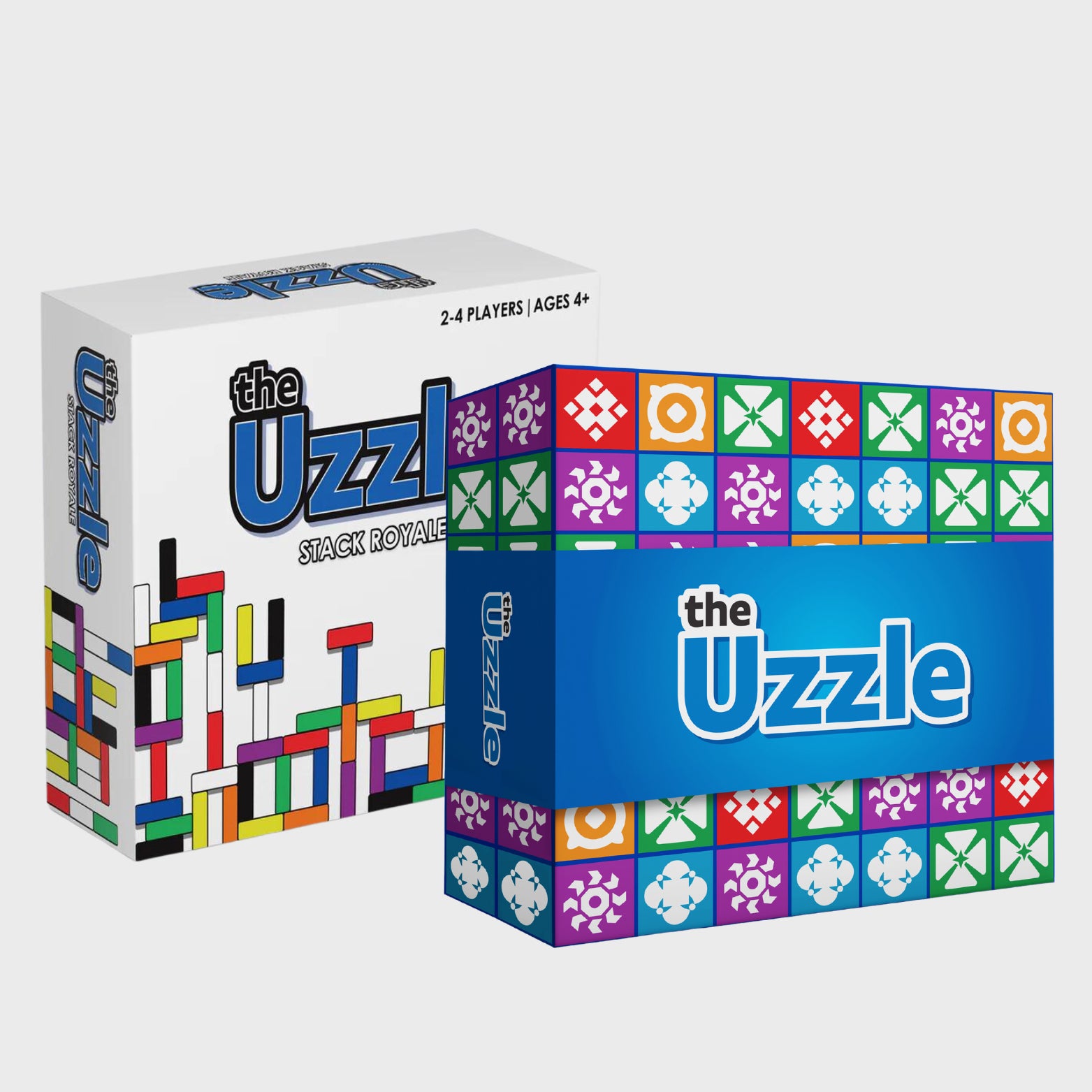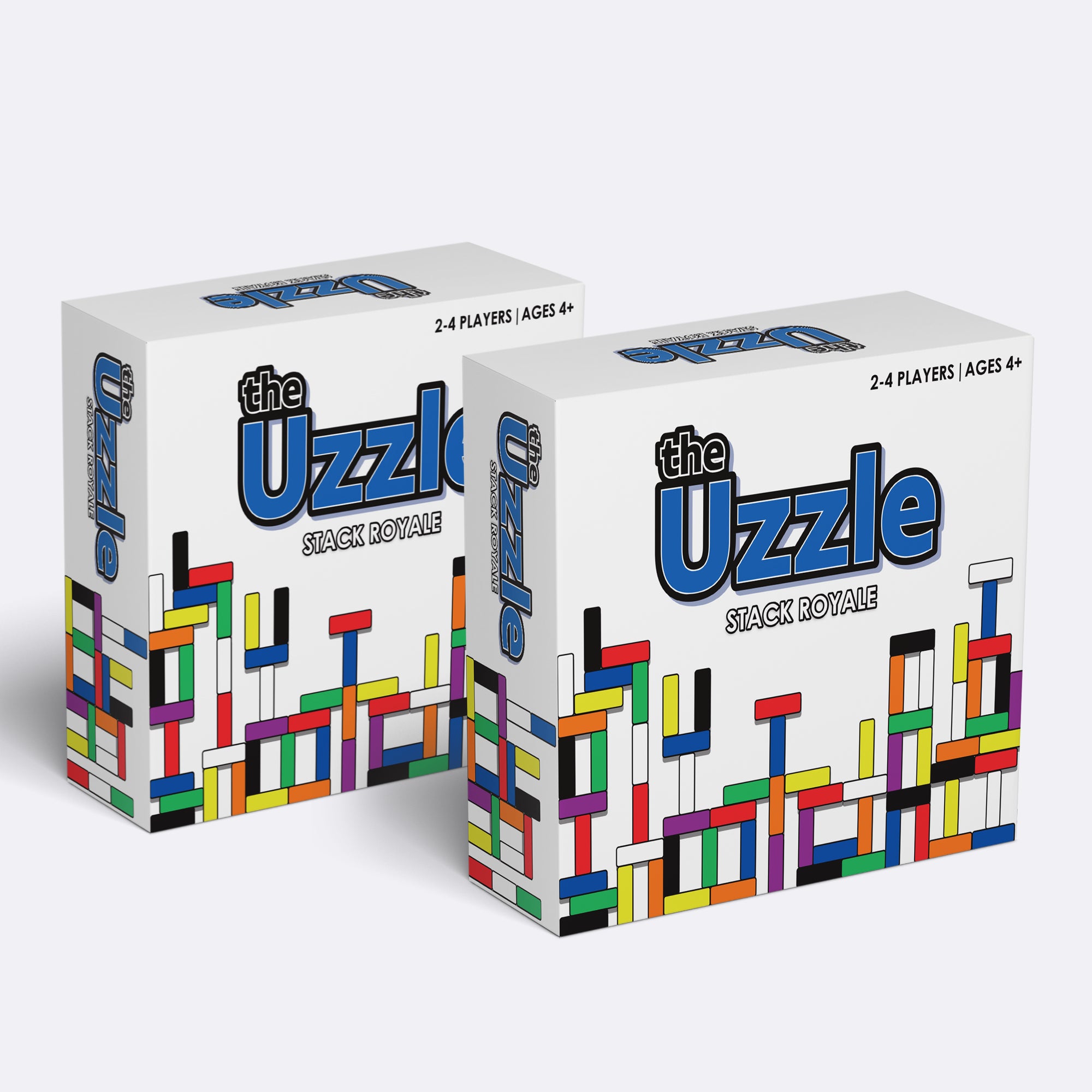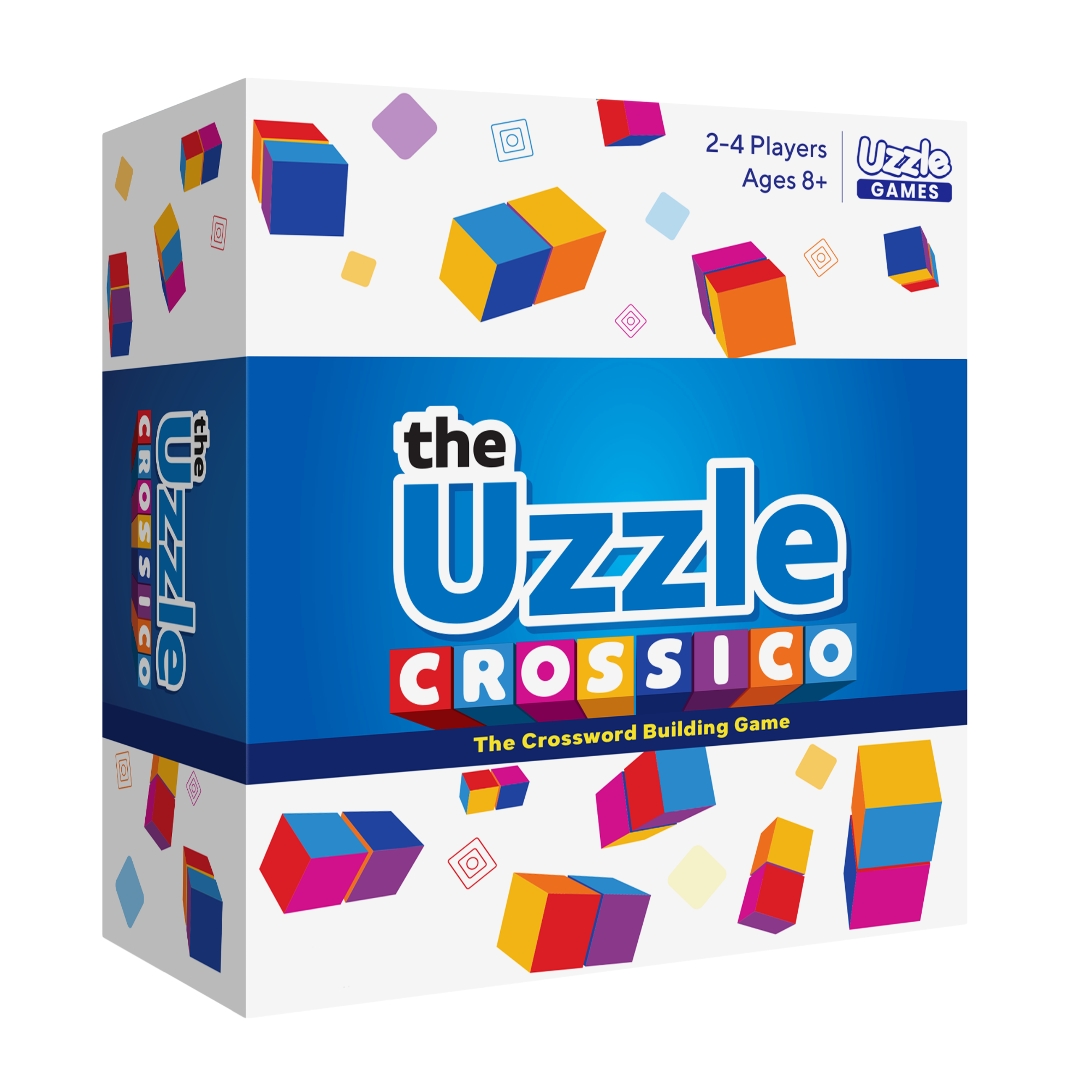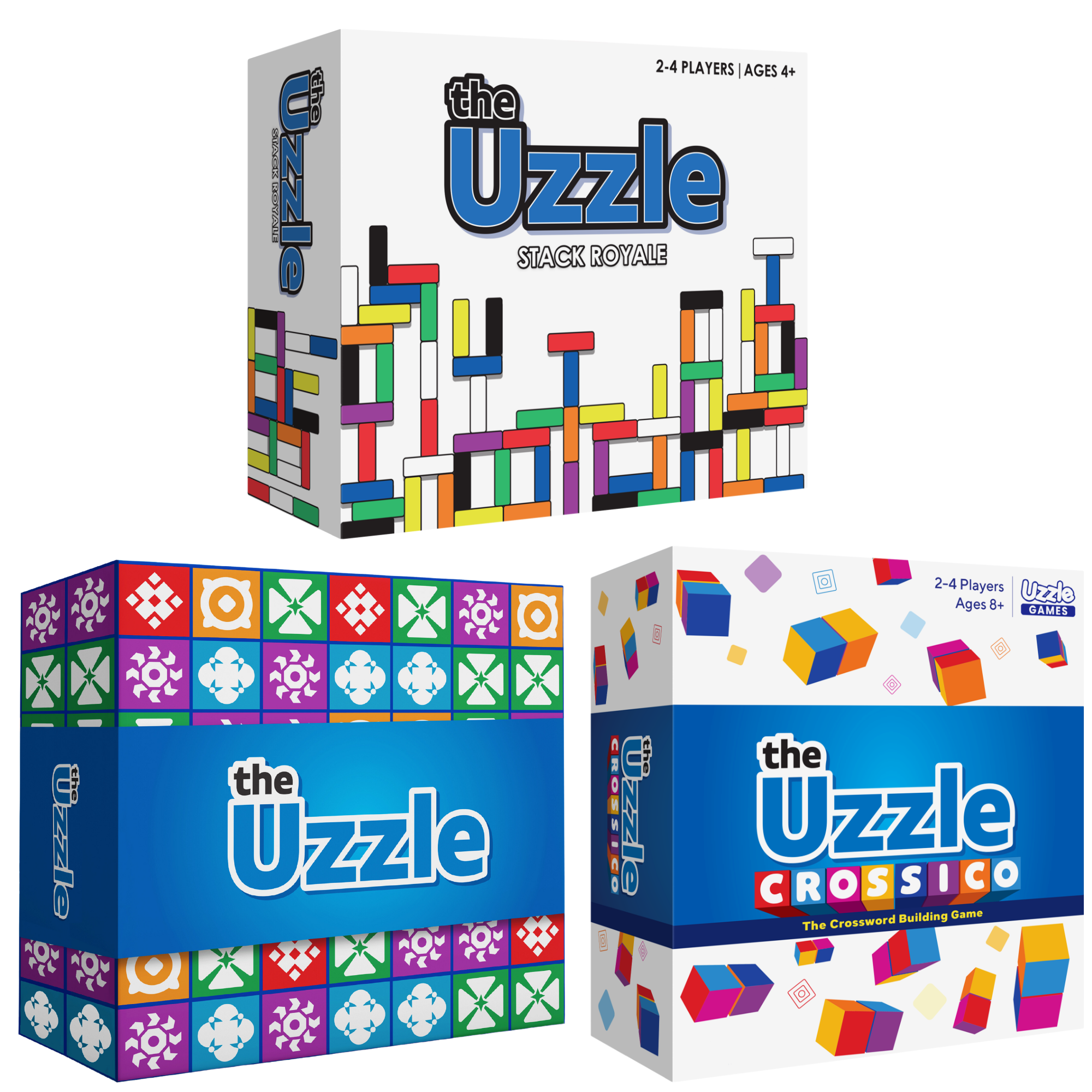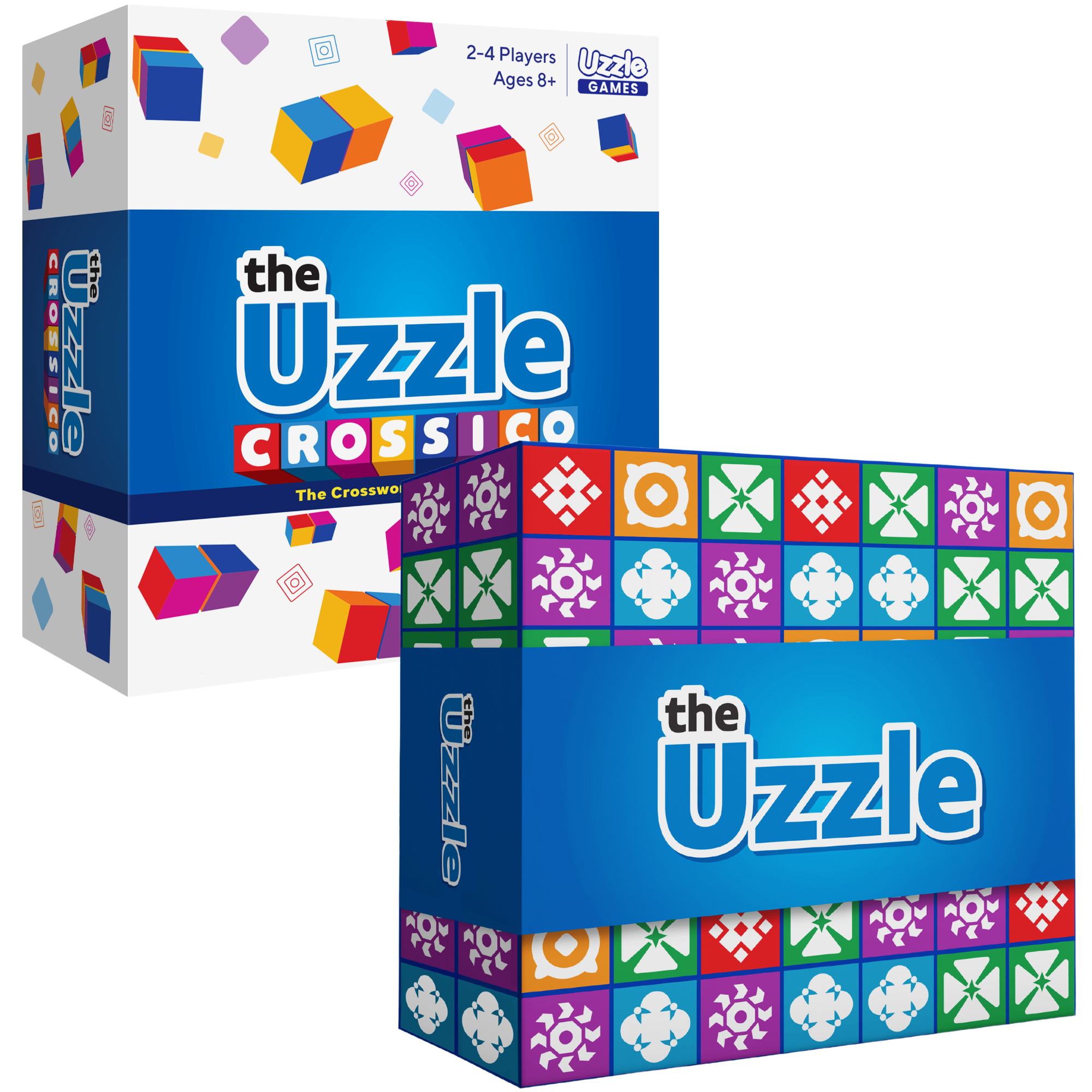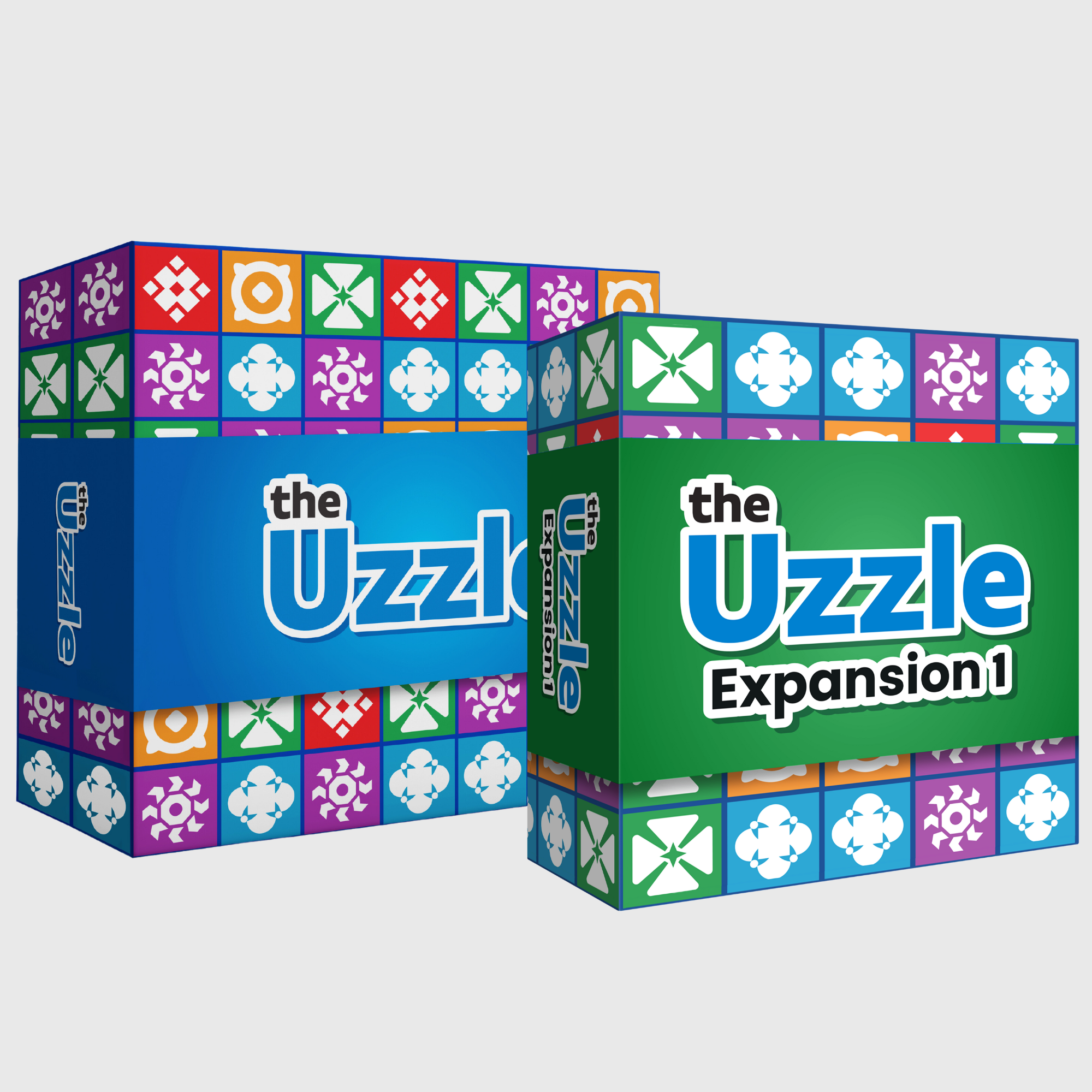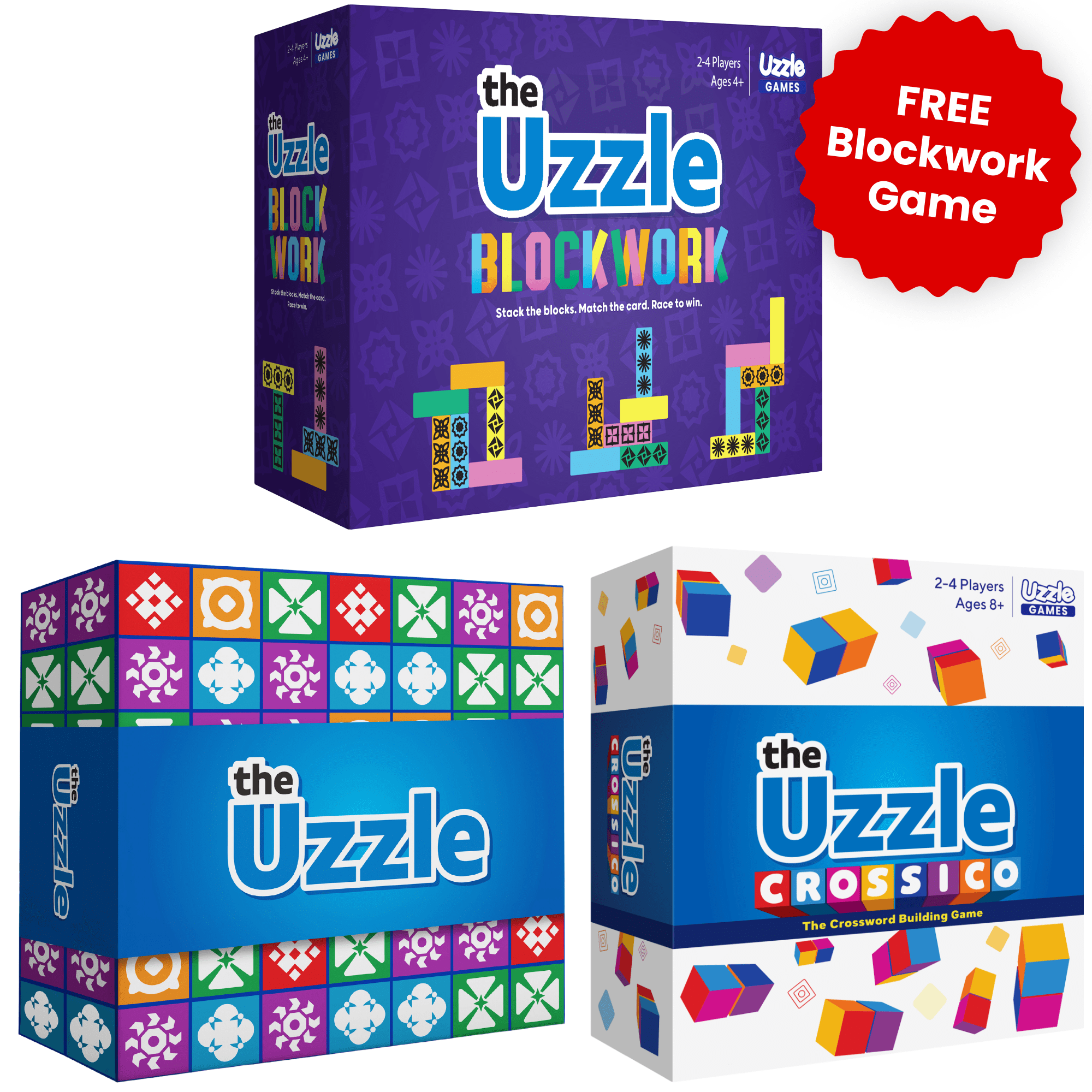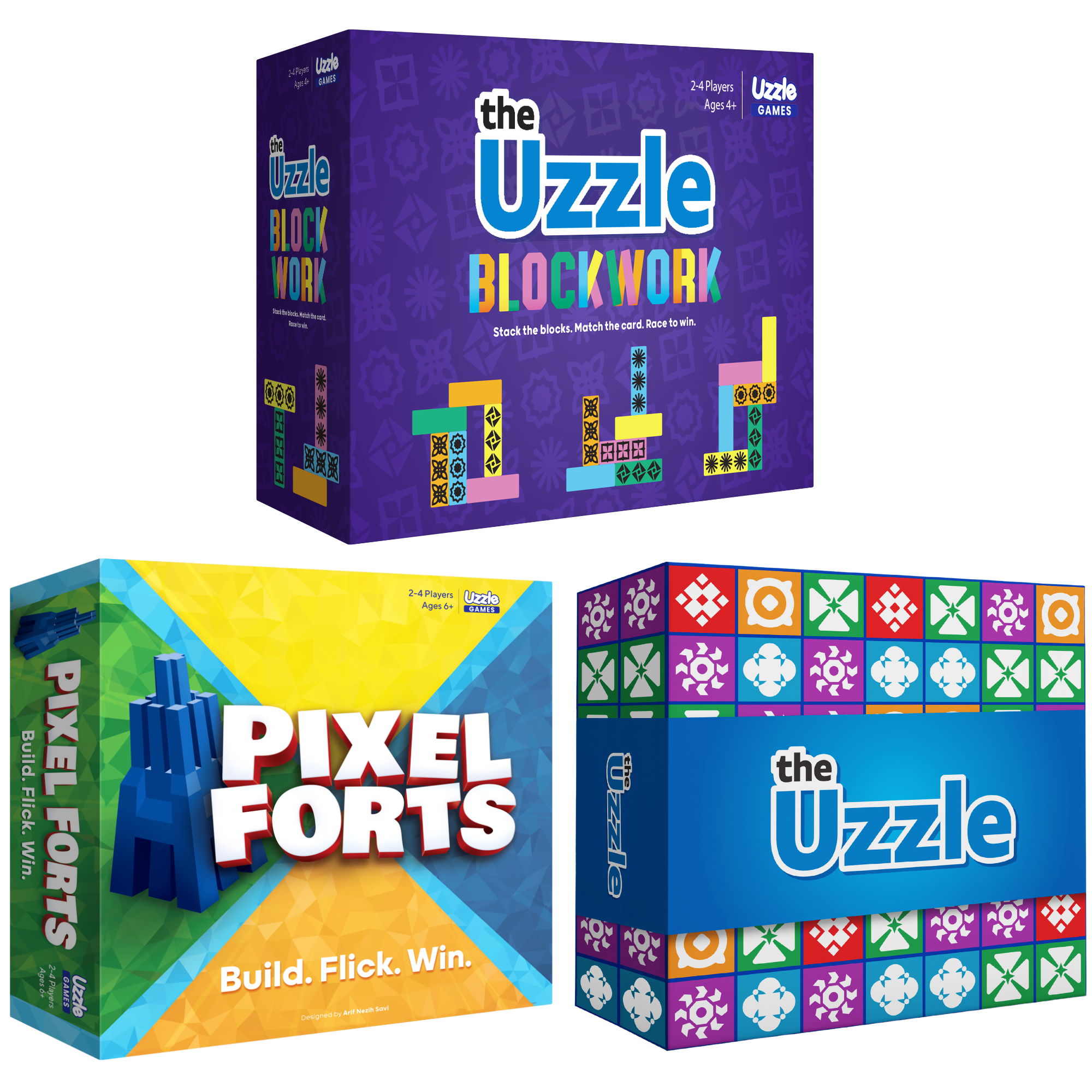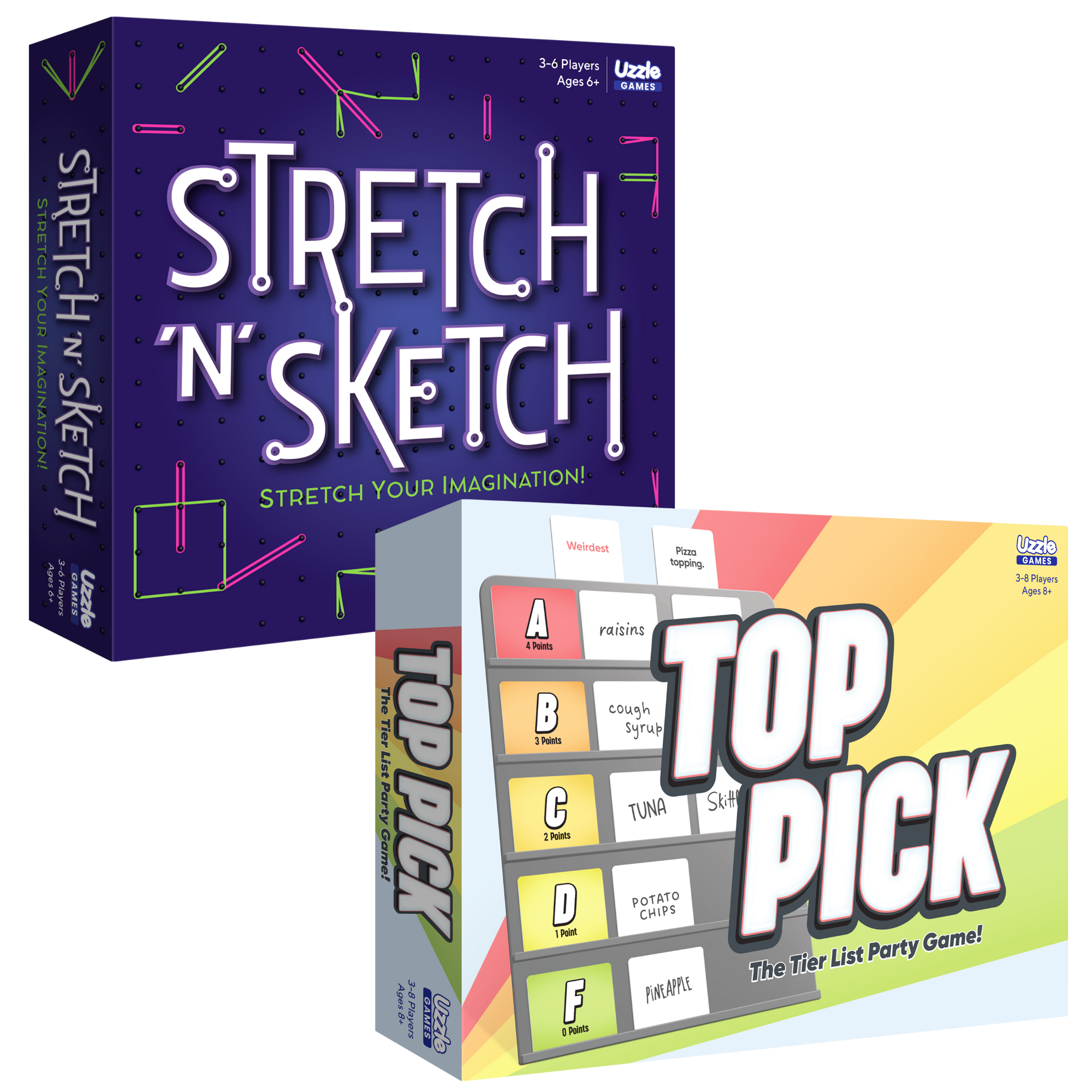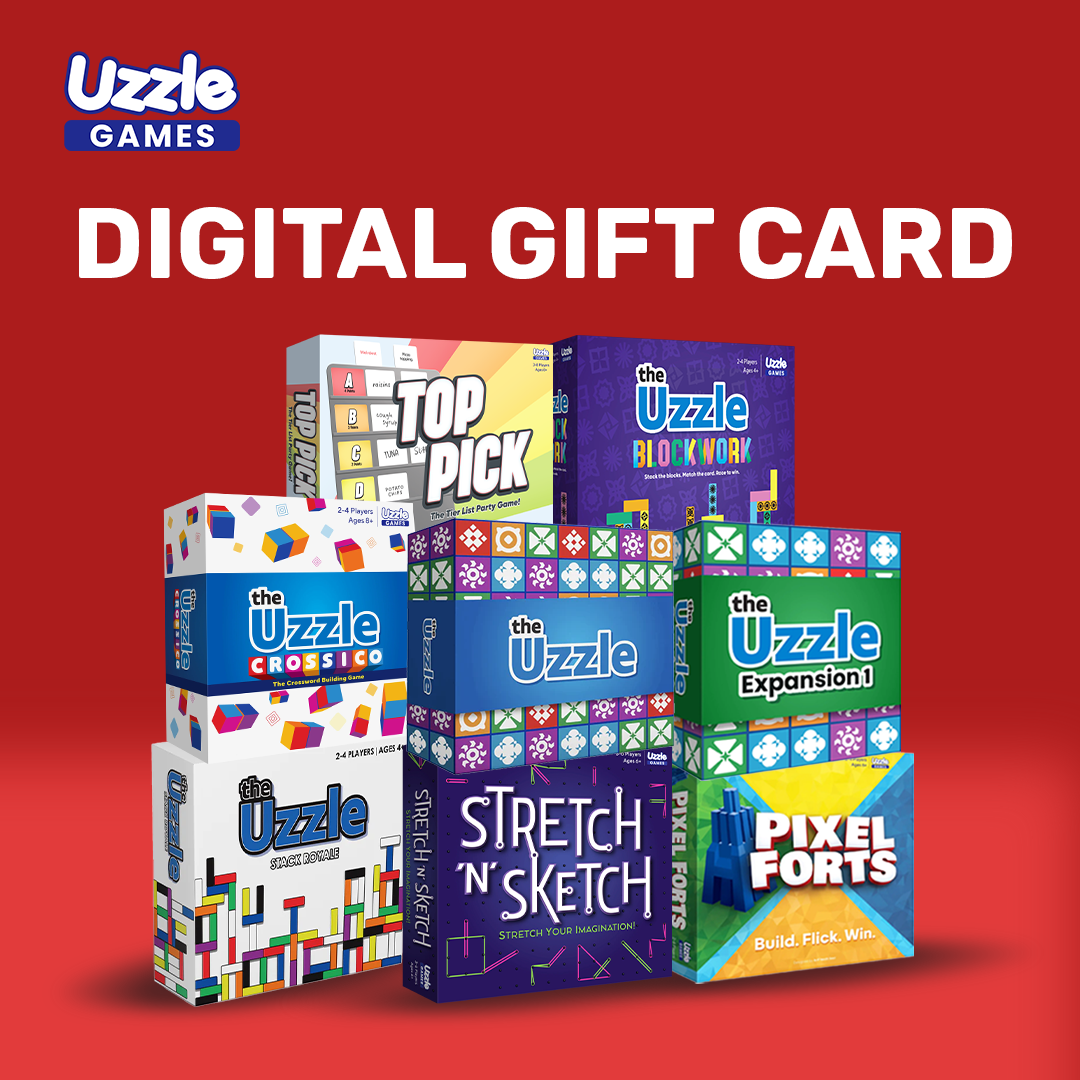Best Board Games and Puzzles for Preschoolers
Best Educational Games for Preschoolers
Early childhood development experts recognize that board games and puzzles provide essential learning opportunities during the crucial preschool years. These carefully selected activities support fine motor skills, cognitive development, and social-emotional growth while keeping young children entertained. From simple matching games to beginner puzzles, Uzzle's collection offers age-appropriate options that grow with your child's abilities and interests.
Develop Essential Motor Skills
Preschoolers are rapidly developing their fine motor control and hand-eye coordination. Our collection of board games and puzzles provides natural opportunities for little hands to practice grasping, placing, and manipulating pieces. Each activity is designed explicitly with chunky pieces, sturdy materials, and appropriate sizes for preschool-aged children, helping them build the foundational skills needed for writing, drawing, and other important developmental milestones.
Build Early Learning Foundations
Our preschool-focused games and puzzles introduce fundamental academic concepts through play-based learning. These activities help young children recognize colors, shapes, numbers, and letters while developing crucial pre-reading and early math skills. The carefully curated selection ensures every game provides the correct educational value and entertainment balance, keeping young minds engaged while laying the groundwork for future academic success.
Shop our other collections:
Foster Social Skills Through Play
Quality board games and puzzles create natural opportunities for preschoolers to develop essential social skills like taking turns, following rules, and working cooperatively. Our collection features options for independent play and group activities, helping young children build confidence while learning to interact positively with peers and family members. Each game includes clear age recommendations and skill-level indicators, ensuring you can choose activities that match your preschooler's developmental stage.



